As more people embrace healthy lifestyles and become aware of the importance of monitoring calorie intake, it’s essential to grasp the nutritional value of the beverages we consume. Among the popular options, grape juice stands out not only for its delicious taste but also for its potential health benefits. This article aims to shed light on the calorie content of grape juice, helping health-conscious consumers make informed choices. The Caloric Content of Grape Juice: Grape juice is made by extracting the liquid from grapes, which are naturally sweet and flavorful.

.
 Due to its natural sugar content, grape juice carries calories. On average, an 8-ounce (240ml) serving of grape juice contains approximately 152-180 calories. However, the exact caloric value may vary depending on the brand or type of grape juice. The Importance of Portion Control: While grape juice does provide beneficial nutrients such as vitamins, minerals, and antioxidants, excessive consumption can lead to an excess of calories. To maintain a healthy and balanced diet, it’s vital to exercise portion control when consuming grape juice. Opting for a smaller serving size or diluting it with water can help reduce calorie intake without compromising on flavor.
Due to its natural sugar content, grape juice carries calories. On average, an 8-ounce (240ml) serving of grape juice contains approximately 152-180 calories. However, the exact caloric value may vary depending on the brand or type of grape juice. The Importance of Portion Control: While grape juice does provide beneficial nutrients such as vitamins, minerals, and antioxidants, excessive consumption can lead to an excess of calories. To maintain a healthy and balanced diet, it’s vital to exercise portion control when consuming grape juice. Opting for a smaller serving size or diluting it with water can help reduce calorie intake without compromising on flavor.
..
 Comparing Grape Juice Calories to Other Beverages: In comparison to other commonly consumed beverages, grape juice falls somewhere in the middle when it comes to calorie content. For example, an 8-ounce glass of orange juice contains approximately 112-122 calories, whereas a glass of apple juice contains around 114-118 calories. On the higher end, 8 ounces of cola or soda can provide up to 140-150 calories. However, it is important to note that these comparisons are approximations, and the exact calorie content may vary based on the brand and preparation method. Grape Juice and Nutritional Benefits: Despite its caloric content, grape juice boasts several key nutrients. It is rich in antioxidants, such as resveratrol and flavonoids, which have been associated with numerous health benefits, including reduced inflammation and improved heart health. Additionally, grape juice provides essential vitamins like vitamin C, potassium, and even small amounts of dietary fiber. When consumed in moderation, grape juice can be a healthy part of a well-rounded diet.
Comparing Grape Juice Calories to Other Beverages: In comparison to other commonly consumed beverages, grape juice falls somewhere in the middle when it comes to calorie content. For example, an 8-ounce glass of orange juice contains approximately 112-122 calories, whereas a glass of apple juice contains around 114-118 calories. On the higher end, 8 ounces of cola or soda can provide up to 140-150 calories. However, it is important to note that these comparisons are approximations, and the exact calorie content may vary based on the brand and preparation method. Grape Juice and Nutritional Benefits: Despite its caloric content, grape juice boasts several key nutrients. It is rich in antioxidants, such as resveratrol and flavonoids, which have been associated with numerous health benefits, including reduced inflammation and improved heart health. Additionally, grape juice provides essential vitamins like vitamin C, potassium, and even small amounts of dietary fiber. When consumed in moderation, grape juice can be a healthy part of a well-rounded diet.
…
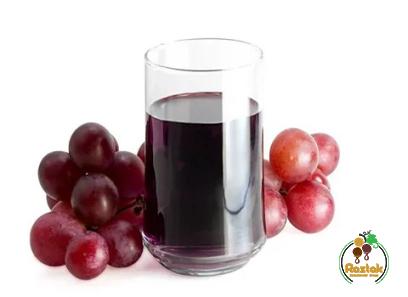 Incorporating Grape Juice Smartly: To make the most of the nutritional benefits of grape juice while managing calorie intake, consider the following tips: 1. Opt for 100% natural or freshly squeezed grape juice to avoid added sugars or artificial ingredients. 2. Dilute grape juice with water or sparkling water to reduce the calorie load. 3. Use small glasses or cups to promote portion control. 4. Consume grape juice as part of a balanced meal or snack, rather than as a standalone item. Conclusion: In summary, grape juice offers a delightful, flavorful option within the realm of beverages. While it contains calories, grape juice also provides valuable nutrients that can contribute to your overall health. By exercising portion control and incorporating it wisely into your diet, you can enjoy the benefits of grape juice while managing your calorie intake. Remember, a balanced approach is key to maintaining a healthy lifestyle.
Incorporating Grape Juice Smartly: To make the most of the nutritional benefits of grape juice while managing calorie intake, consider the following tips: 1. Opt for 100% natural or freshly squeezed grape juice to avoid added sugars or artificial ingredients. 2. Dilute grape juice with water or sparkling water to reduce the calorie load. 3. Use small glasses or cups to promote portion control. 4. Consume grape juice as part of a balanced meal or snack, rather than as a standalone item. Conclusion: In summary, grape juice offers a delightful, flavorful option within the realm of beverages. While it contains calories, grape juice also provides valuable nutrients that can contribute to your overall health. By exercising portion control and incorporating it wisely into your diet, you can enjoy the benefits of grape juice while managing your calorie intake. Remember, a balanced approach is key to maintaining a healthy lifestyle.


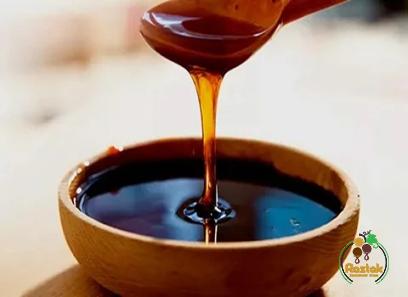

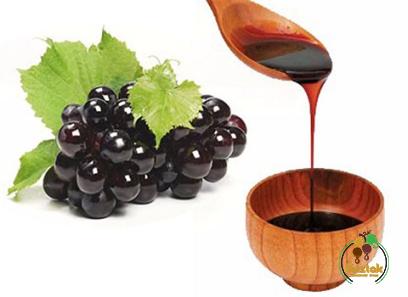

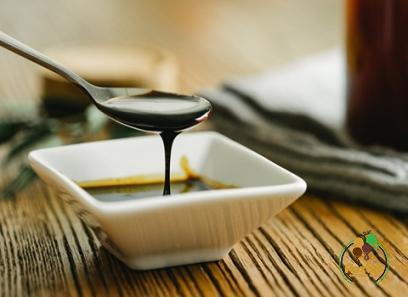

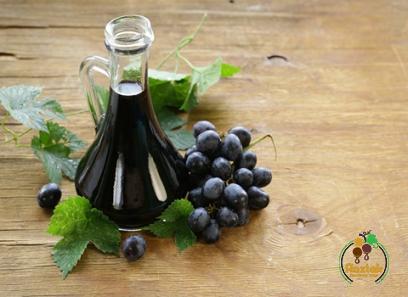

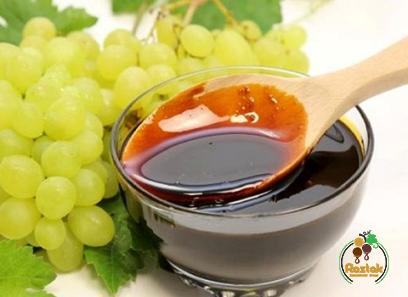
Your comment submitted.